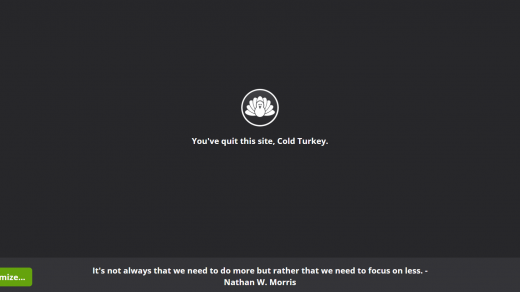DIY Culture, meaning “Do It Yourself” culture, is a term used to talk about people creating or doing things for themselves rather than relying on paid specialists and professionals. It can be applied in many different contexts, from homemade furniture and clothing to hobbies and practical, sustainable living solutions. Many DIY subcultures are known to critique consumerism and encourage people to get the job done by themselves, without giving into consumer culture and purchasing things.
The first thing that comes to mind when we think about the term DIY would probably be the act of creating, customizing, designing or fixing things at home by yourself. Although it may not exactly be the same thing, it got me thinking on how the concept has also been applied to other areas such as hobbies or different kinds of skills with digital platforms and online courses becoming more and more accessible in the digital age. On YouTube, you can find countless videos for whatever skill you are looking to achieve or improve, that you might not even know where to start. At this age, one could argue that you don’t even need to pay professionals to teach you how to do certain things when we have content creators on YouTube showing us how to do said thing step by step, for free. From basic to advance training, there are all kinds of videos, instructions, and online courses (which we do pay for, so it may be excluded). Whether you want to learn how to cook a dish, how to paint, how to play an instrument, how to speak a new language, cut your own hair, or fix a leaky faucet, the resources are right there in front of you.
However, it does take discipline to actually commit to whatever it is that you want to learn without getting distracted by the countless other options waiting for you. While it’s empowering to have these resources that you can benefit from easily on your own, it could also cause one to get overwhelmed by the excessive amount of available information, not knowing where to start or how to commit to one thing. This could create an internal pressure where you feel like there’s always something you can do and learn, always the chance to improve your skills and become “better”, never being satisfied with what you already have.
Research has shown that in many cases, people tend to get overwhelmed when presented with too many options, which reduces their ability to make a good decision. It even has a name, “choice overload” which is a well-studied phenomenon.1 In this case, personally, I feel that I have experienced this feeling when faced with everything I could potentially learn from the internet, and get overwhelmed just by thinking about what to decide. Whenever I have large amounts of free time, I think to myself on what I can do to spend this time efficiently, and ways I can improve myself. Maybe I can finally start learning that language I have been wanting to for a while, just some basic phrases. Maybe I can try to learn that really hard song on guitar. I could start teaching myself music theory. Or not.
Usually, I end up wasting said time on my phone or doing something else instead, and always regret it after.
During the pandemic in 2020, when lockdown was at its peak and we were all stuck inside our houses, I picked up my brother’s guitar that he never really played. I just wanted to try it for fun, and did not have an intention of actually learning how to play properly at all. I remember really liking how it felt after my brother showed me a few chords, and decided I’d watch a beginners video on how to play guitar on YouTube. After watching many different videos from many different channels, and hours and hours of practice, I actually ended up learning how to play all by myself. 4 years later, playing guitar has become my favorite hobby and pretty much my favorite thing to do. Being self-taught, I did have to fix certain mistakes I found out I was making later on, once again, thanks to teachers on YouTube.
I think the reason why I put so much pressure on myself to learn new skills or improve myself using the resources available on the internet is because I have experience of learning a whole new skill just by watching YouTube, and expect myself to do the same things again. However as a self learner, you’re essentially on your own. Without an actual person guiding you and giving you specific feedback, it’s very easy to get stuck and give up.
In the end, the rise of DIY culture and self-teaching in the digital age has changed our approach on learning. While it can be super helpful when you need an “how to” guide to fix certain problems, it may also create internal pressure if you’re a perfectionist like me who is never satisfied with anything they do, constantly feeling like they need to do “something more” or become “better” at certain areas.



Recent Comments